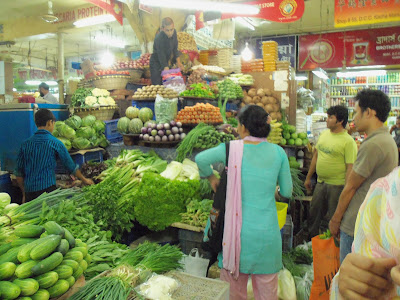 |
| Home in Minnesota, late spring photo |
The snow is gone, although it was snowing when the plane landed, it stopped before we had to drive in it. I left 95 degrees and humid and landed in early spring temps of about 40 degrees.
My flights home were without issue. Total # of hours traveling back = 31. Ryan picked me up at the airport and we chatted at home for a couple of hours. With him having been there just 2 weeks ahead of me, we had lots to compare and discuss; his impressions, mine.
Before going to bed, the mosquitoe bites on my toes were driving me crazy. I took a Benadryl, which I knew would help me sleep, too. Not that I needed help. I slept 15 hours straight!
All of Saturday my mind was in a fog and my eyesight still burry. I also messed up my sleeping pattern because I was not sleepy at all and finally dropped into bed at 2:30 am. I slept about 5 hours and hope to even things out tonight.
Along the way, I never had a moment of illness or discomfort from anything I ate or drank. Wouldn't you know, on the way home, I caught a cold. If that's the worst of traveling across the planet and into a developing country and back, that's not bad!
My first impression upon getting home was the quiet. No fans, no birds or lizards chirping, no construction noise, no traffic, and no clattering of dishes, pots and pans or music from the restaurant next door. It was as though I could actually sense the insulation in my nearly 100 yr old home (that isn't all that well insulated). One gets used to the sounds and noise around us. While in Dhaka, these perpetual sounds were just part of the environment, as was the air I breathed. How easy it is to take air quality and the sound of silence, for granted.
There are many, many things to be grateful for living in the US. At the same time, the people of Bangladesh are warm, hospitable, friendly, generous beyond American cultural knowing, and people of a strong faith. Contrary to popular Western media understanding and belief, the word Islam means peace. See this link: http://www.barghouti.com/islam/meaning.html
I found that Lisa married into a loving, accepting family. Getting to acceptance for them, like for me, was not an easy path to trudge. But as Be-ai (Abu's father) told me, it was their faith in God that opened their minds and hearts to accepting this marriage. While his family is Muslim, and mine is Catholic, there are far more similarities in our beliefs than there are differences... or perhaps I choose to see this glass as half-full. One can choose to see the differences and count them as wrong, but where does that lead us?
For as much as I missed many things about home, there is much to be said for "Home is where the heart is." "Home" is to be the ultimate place of comfort and rest. With my loved ones living elsewhere, my heart will be restless, aching to feel the bonds of our connection and touch. Is it humanly possible to not feel the pains of separated love? What contortions of my being does it take to resign myself to feeling "at home" when that place is not about creature comforts within the walls, but when home has always been where love returns? I have a place to live in a country I have returned, but my heart has a perpetual bag packed to follow love wherever it goes.
See you on the road again!
Julianne





















































